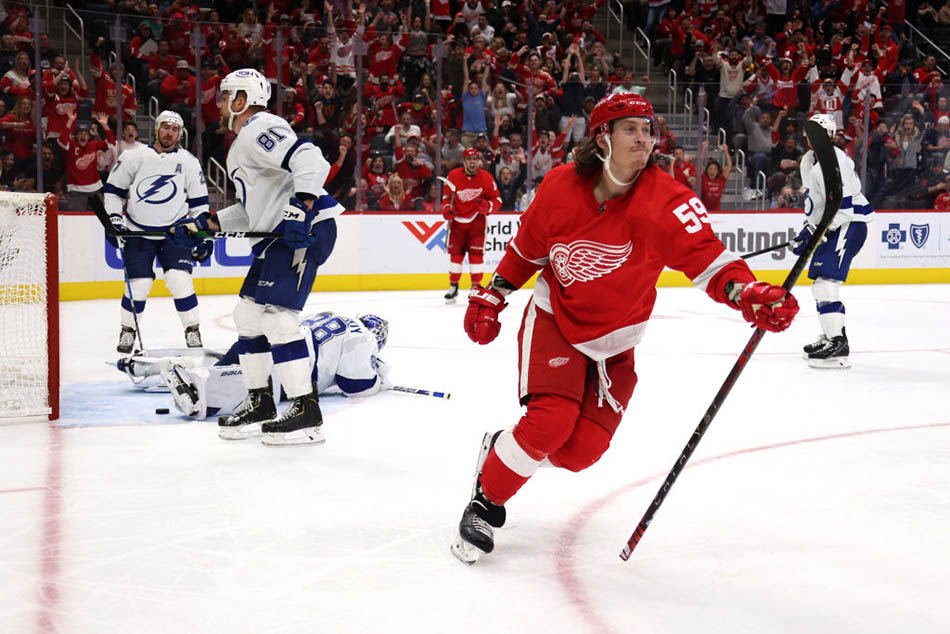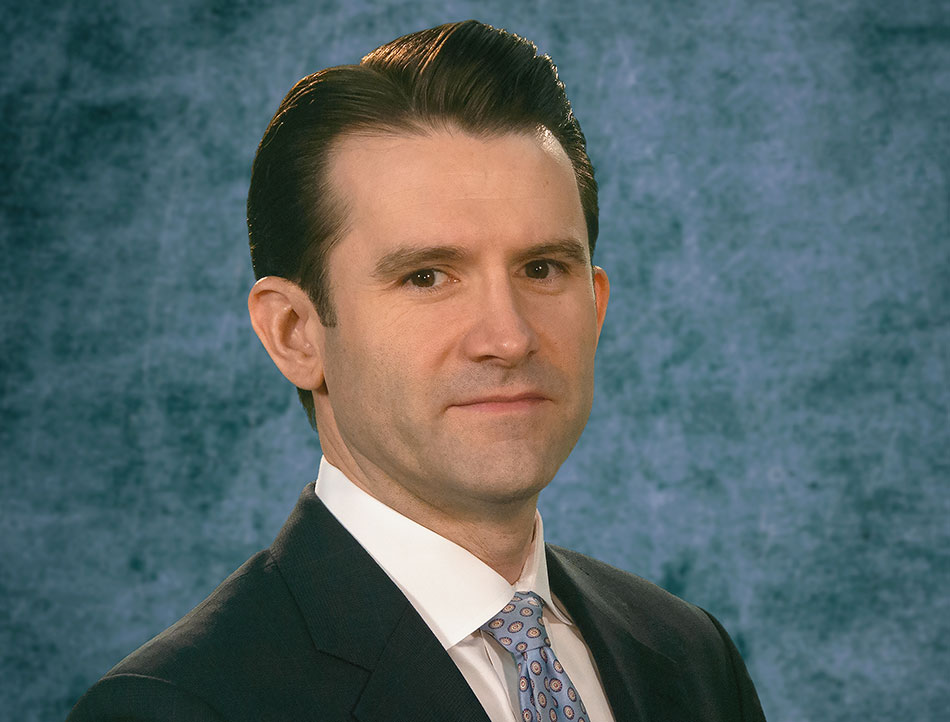Sinclair Says It Has 'Critical Mass' of Rights for Direct to Consumer Sports Offering
CEO Chris Ripley sticks to DTC sports plan despite taking shots from MLB, NBA commissioners

The smarter way to stay on top of broadcasting and cable industry. Sign up below
You are now subscribed
Your newsletter sign-up was successful
Despite taking shots from the commissioners of Major League Baseball and the National Basketball Association, Sinclair Broadcast Group intends to go forward with its plans for a direct-to-consumer sports business connected to its debt-laden regional sports network business.

Speaking on Sinclair’s third-quarter earnings call Wednesday, CEO Chris Ripley provided more information on the streaming rights the company has — or expects to get — while insisting that the company’s plan to launch its direct to consumer product in time for next year’s baseball season remain intact.
“We do think we have a critical mass in terms of rights to launch a product and that's what we intend to do,” Ripley said.
Major League Baseball commissioner Rob Manfred last month stated that Sinclair does not have the rights to launch a streaming product. There were also reports that MLB was considering its own local streaming product, possibly working with the NBA and the National Hockey League.
Also read: Sinclair’s Ripley on RSNs: Believe It or Not
“What's important to note is that we have exclusive local rights for our teams and those rights cannot be infringed upon by any other party to launch a direct consumer product, without significant ramifications,” Ripley said.
Pressed by analysts, Ripley provided more details on the rights Sinclair has and is negotiating to get.
The smarter way to stay on top of broadcasting and cable industry. Sign up below
“For MLB, we have linear and authenticate streaming right for all teams,” he said. “And we have direct-to-consumer rights now for four teams, which are all the teams we’ve renewed” since acquiring the former Fox regional sports networks from The Walt Disney Co. Those RSNs now carry the Bally Sports brand.
Ripley said that as Sinclair renewed its deal with the other 10 MLB teams whose game it televises, it will also accumulate their direct-to-consumer rights.
“For NHL and NBA, we have always had linear, authenticated streaming and D-to-C rights and those are under current renewal discussions as a part of a larger deal which includes market expansion, authenticated streaming and direct to consumer rights,” Ripley said. Completed NBA and NHL teams would put 30 teams on Sinclair’s roster.
Ripley said it was important to have scale and for a successful direct-to-consumer product to reach beyond any single league.
“That’s why a multi-sport offering makes a lot of sense,” he said. ”That’s why we’ve always said this direct-to-consumer is an extension, and what we’re planning on launching is just the start in terms of where we would go. We’re going to be a market leader in the U.S. in direct-to-consumer sports and thinking that you could do that with only one league, we think, that doesn’t make sense.”
Ripley also said that at some point in the future, Sinclair would consider bringing in other RSNs — those owned now by Comcast and AT&T specifically — into its DTC product. That could be accomplished through a transaction, partnerships, contract or consortiums, he said.
Ripley also said that talks about financing expansion into DTC were continuing, as were discussions with the creditors of Diamond Sports, the unit that owns Sinclair’s RSNs.
Jon has been business editor of Broadcasting+Cable since 2010. He focuses on revenue-generating activities, including advertising and distribution, as well as executive intrigue and merger and acquisition activity. Just about any story is fair game, if a dollar sign can make its way into the article. Before B+C, Jon covered the industry for TVWeek, Cable World, Electronic Media, Advertising Age and The New York Post. A native New Yorker, Jon is hiding in plain sight in the suburbs of Chicago.

